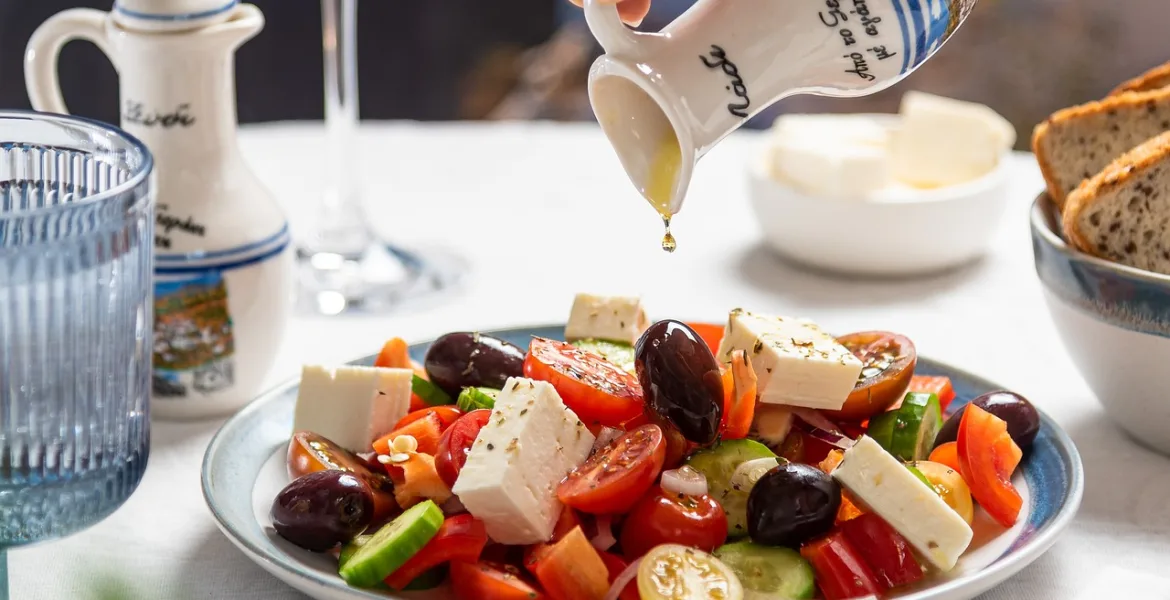The Health Benefits of Extra Virgin Olive Oil: A Key Ingredient in the Mediterranean Diet
A recent study has confirmed that as little as two tablespoons of extra virgin olive oil consumed daily will achieve improvements in various risk disease factors that can be observed in as few as three weeks.
If you're looking for a delicious and healthy addition to your diet, look no further than extra virgin olive oil (EVOO). This versatile oil has long been a staple in the Mediterranean diet, known for its numerous health benefits. Recent research has shed light on the protective effects of EVOO on disease risk factors, making it an essential component of a healthy lifestyle.
The Mediterranean Diet: A Powerful Shield Against Chronic Diseases
The Mediterranean diet, rich in plant-based foods such as vegetables, fruits, nuts, legumes, whole grains, and moderate amounts of fermented dairy products and fish, has been shown to be effective in preventing chronic diseases. EVOO, often used in Mediterranean cuisine, has been linked to a reduced risk of various ailments, including cardiovascular disease, type 2 diabetes, cerebrovascular accidents, metabolic syndrome, cognitive decline, and certain types of cancer, such as colorectal and breast tumours.
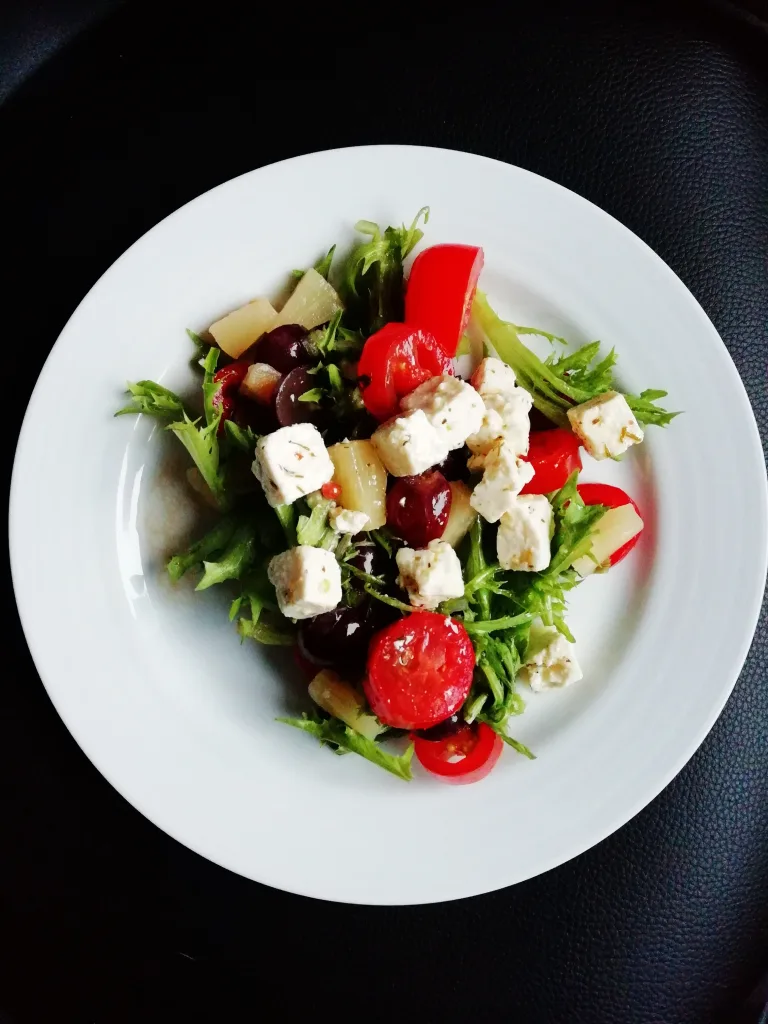
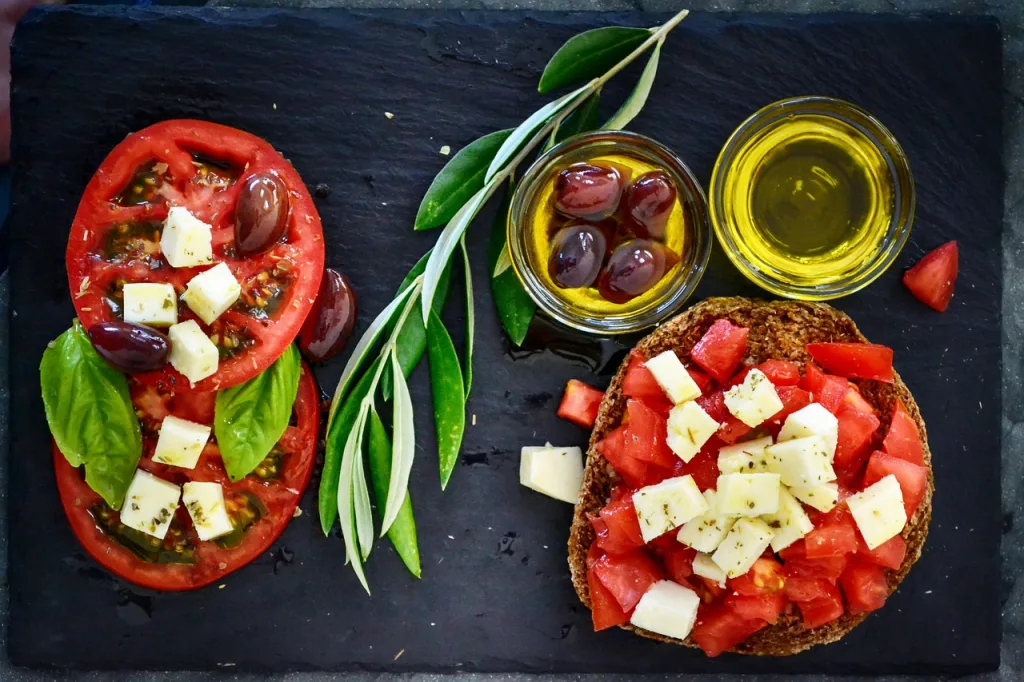
Phenols are the Secret behind Extra Virgin Olive Oil's Health Benefits
Studies have shown that incorporating EVOO into your diet can reduce the risk of obesity and overall mortality. However, it is important to note that there is limited research on the specific daily amount of EVOO needed to improve risk factors for chronic diseases. Many dietary recommendations fail to emphasise the distinction between healthy fats like EVOO and other oils and fats.
To shed light on the benefits of EVOO, researchers conducted a systematic review titled "Is Extra Virgin Olive Oil the Critical Ingredient Driving the Health Benefits of a Mediterranean Diet?" The study aimed to consolidate recent evidence on the preventive benefits of EVOO on disease risk factors.
New Study Confirms the Protective Effects of Extra Virgin Olive Oil
The research team focused on randomised controlled trials (RCTs) involving human participants, comparing the cardio-metabolic effects of EVOO consumption to non-EVOO diets. After a thorough search of scientific databases, 34 articles met the eligibility criteria and were included in the final analysis.
The results of the study were overwhelmingly positive. EVOO outperformed other fats and low-fat diets in managing clinical indicators such as low-density lipoprotein-cholesterol (LDL-c) and blood pressure (BP). It also raised protective high-density lipoprotein-cholesterol (HDL-c), improved glucose control, and aided in weight management.
Optimal Intake and Results
Interestingly, the polyphenol content of EVOO, rather than its monounsaturated fats, appeared to be responsible for many of its beneficial effects. For example, compared to sunflower oil, EVOO reduced systolic blood pressure (SBP) in both hypertensive patients and healthy individuals. Certain phenols found in EVOO were particularly effective in reducing blood pressure.
EVOO was found to decrease LDL cholesterol levels when the initial levels were above 120.0 mg/dL and elevate HDL cholesterol levels with a higher phenolic content. Daily consumption of EVOO was also successful in achieving weight loss, despite a higher caloric intake compared to low-fat diets. EVOO with a phenol content of at least 150.0 mg/kg was found to reduce LDL oxidation.

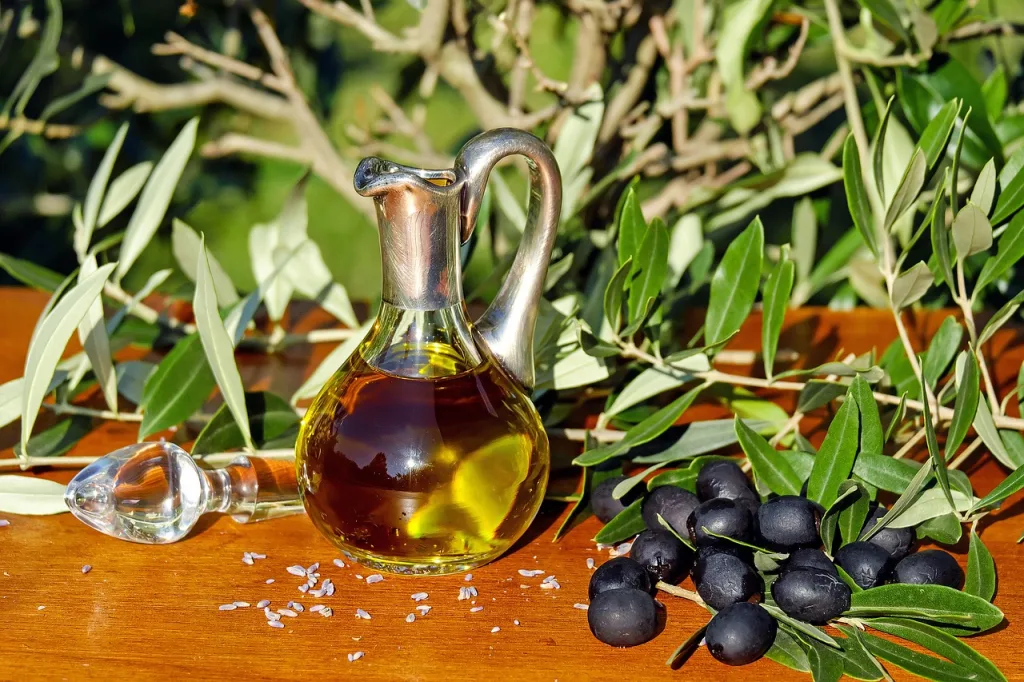
The Path to Future Research
While the impact of EVOO on fasting blood glucose (FBG) and diabetes management requires further research, daily consumption of EVOO was shown to improve insulin sensitivity compared to low-fat diets.
The study also highlighted the optimal daily quantity of EVOO needed to improve blood pressure, HDL cholesterol, and LDL cholesterol levels. A period of 21 days and a daily intake of approximately
25.0 mL (nearly two tablespoons) of EVOO were found to be sufficient. Higher phenol content, exceeding 300.0 mg per kg, was required for maximum benefits in terms of LDL cholesterol and diastolic blood pressure (DBP) reduction.
In addition to its health benefits, cooking vegetables with EVOO has been found to increase the absorption of fat-soluble carotenoids and promote vegetable consumption.
It's worth noting that while vegetable seed oils may be more effective in lowering LDL cholesterol than EVOO, the LDL particles produced when consuming EVOO tend to be larger and less prone to oxidation. Furthermore, EVOO has been shown to reduce apoprotein B-100, indicating a decrease in low-density lipoprotein particles.
The Need for Larger Studies on Extra Virgin Olive Oil's Health Benefits
In conclusion, the findings of this study support the incorporation of EVOO into a Mediterranean-style diet to significantly reduce the risk of chronic diseases. With as little as two tablespoons of EVOO consumed daily, improvements in various risk factors can be observed in as few as three weeks. EVOO is a superior choice compared to other dietary fats or refined olive oil when it comes to reducing the risk of chronic diseases.
Future research should focus on EVOO with known phenol content, include non-European participants with unhealthy risk factors, and involve larger sample sizes. This will further enhance our understanding of the unique benefits of EVOO and its potential to improve health outcomes.
So, the next time you're considering a healthy and flavoursome addition to your meals, reach for a bottle of extra virgin olive oil. Your taste buds and your health will thank you.
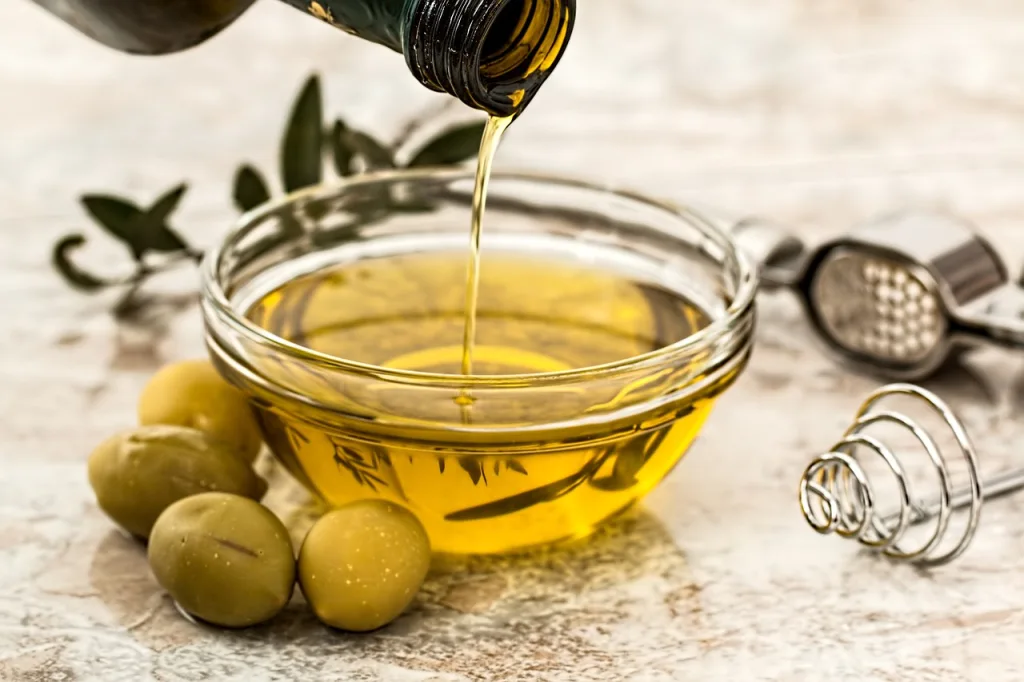

Read also Byzantine Time Travel: Ancient Bird Mosaic and Greek Sigma-Shaped Treasure Unearthed

